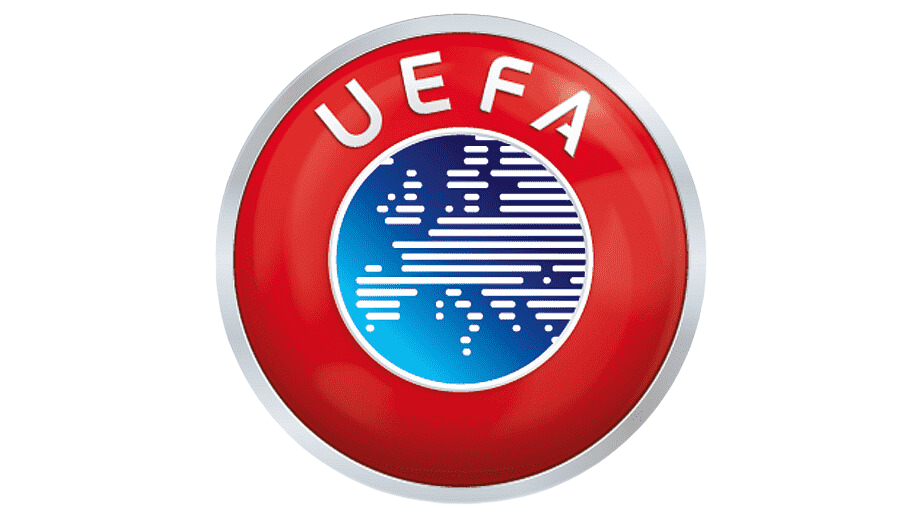In the ever-evolving world of soccer coaching, securing the right credentials can be the key to unlocking elite career opportunities. Among the most prestigious certifications in the sport is the UEFA Coaching License, recognized globally for its rigorous training and advanced tactical education. But what impact does this certification have on American coaches? How does it shape careers and open doors in the U.S. soccer landscape?
Today, we explore real-life success stories of UEFA-licensed coaches who have transformed their coaching journeys in the USA. These individuals have leveraged UEFA’s world-class training to reach the top levels of the sport, demonstrating the true value of an internationally recognized coaching certification.
5 Soccer Coaches Success Stories
1. Tracy Hamm – Breaking Barriers for Female Coaches
Who she is: Tracy Hamm made history as one of the first American women to earn the UEFA A License, an achievement that underscores her dedication to advancing women’s soccer.
Challenges faced: Female coaches in the U.S. often struggle with representation at the highest levels. Hamm faced limited opportunities early in her career despite her passion and deep understanding of the game.
How UEFA changed her career: Determined to gain top-tier coaching credentials, Hamm pursued the UEFA A License, making her one of the most qualified female soccer coaches in the country. Her story was documented in the film “Coach”, inspiring women in soccer across the USA.
Where she is now: Hamm has coached at UC Davis and continues to be a role model for aspiring female soccer coaches, proving that the UEFA coaching pathway is a powerful career accelerator. (Source: UC Davis Athletics)
2. Shek Borkowski – Championship Coach with a Global Edge
Who he is: A Polish-American coach with a UEFA Pro License, Shek Borkowski has built a reputation for winning championships across multiple leagues.
Challenges faced: Coaching in the U.S. required credentials beyond traditional domestic certifications. To gain international credibility, Borkowski sought UEFA certification to expand his tactical knowledge.
How UEFA changed his career: His UEFA Pro License helped him land high-profile coaching positions, including leading FC Indiana to multiple Women’s Premier Soccer League (WPSL) titles and U.S. Open Cup victories.
Where he is now: Borkowski’s career has spanned the U.S., Russia, and the Caribbean, showcasing the global mobility and elite opportunities that UEFA licensing provides. (Source: Wikipedia)
3. Eric Ramsay – From Manchester United to MLS Head Coach
Who he is: One of the youngest and most promising coaches in modern soccer, Eric Ramsay holds a UEFA Pro License and has worked with top clubs in both Europe and the USA.
Challenges faced: Despite being highly skilled, Ramsay needed a top-tier coaching credential to advance in professional soccer.
How UEFA changed his career: The UEFA Pro License gave him the credibility to work with Swansea City, Shrewsbury Town, Chelsea, and Manchester United, where he was part of the coaching staff under Erik ten Hag.
Where he is now: In March 2024, Ramsay became head coach of Minnesota United in Major League Soccer (MLS), proving that UEFA-certified coaches can excel in American soccer. (Source: The Times)
4. Adam Smith – Leading Teams to Success in USL Championship
Who he is: An English-born coach with a UEFA A License, Smith has established himself as a tactical expert in the U.S. lower leagues and professional setups.
Challenges faced: Breaking into the U.S. coaching scene required high-level certifications that matched or exceeded domestic qualifications.
How UEFA changed his career: His UEFA A License allowed him to coach teams like Portland Timbers and Sacramento Republic, and eventually land the head coach role at Fresno FC in the USL Championship.
Where he is now: Smith led Fresno FC to a third-place finish in the Western Conference, demonstrating how UEFA coaching knowledge translates to success in the U.S. soccer system. (Source: Wikipedia)
5. Denise Reddy – UEFA Expertise at the Highest Level of Women’s Soccer
Who she is: One of the most respected names in women’s soccer coaching, Denise Reddy holds a UEFA Pro License and has extensive coaching experience across multiple leagues.
Challenges faced: Women’s soccer coaching has historically been male-dominated, making it challenging for female coaches to break into top-tier roles.
How UEFA changed her career: With a UEFA Pro License, Reddy secured coaching roles in NWSL, Europe, and international women’s soccer. She has worked with clubs like Sky Blue FC and served as an assistant coach for the U.S. Women’s National Team (USWNT).
Where she is now: As of 2024, Reddy remains a high-profile coach in the U.S. women’s soccer scene, proving the value of UEFA training for advancing coaching careers. (Source: US Soccer)
Why a UEFA Coaching License Can Transform Your Career
- Globally Recognized: Opens doors to coaching opportunities worldwide, including in MLS, NWSL, USL, and NCAA.
- Advanced Tactical Training: Provides a higher level of tactical and technical expertise compared to some U.S. certifications.
- Career Mobility: Enables coaches to work with elite clubs and national teams across different countries.
- Networking with the Best: Access to mentorship from top UEFA-certified professionals and international coaching seminars.
Are You Ready to Take the Next Step?
These UEFA-licensed coaches in the USA prove that international certifications can fast-track your career and unlock elite coaching roles. Whether your goal is to coach at the professional level, work with national teams, or elevate youth development, obtaining a UEFA coaching license is a game-changer.
If you’re ready to follow in the footsteps of these successful coaches, explore our UEFA coaching license courses and start your journey today!
[Enroll Now] (contact us)
